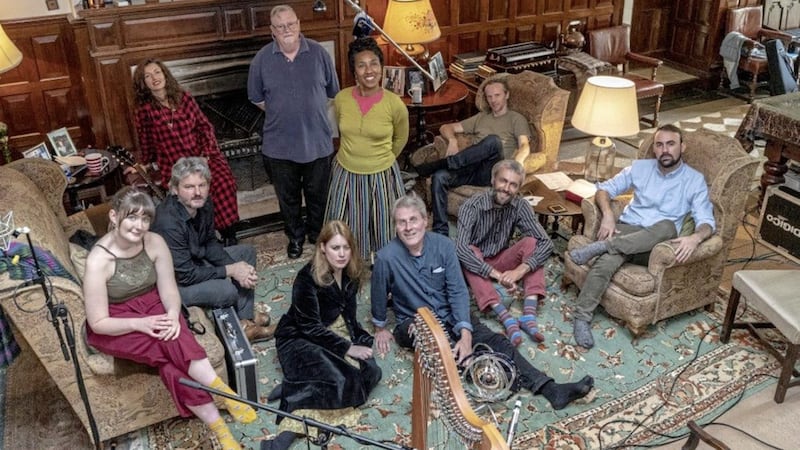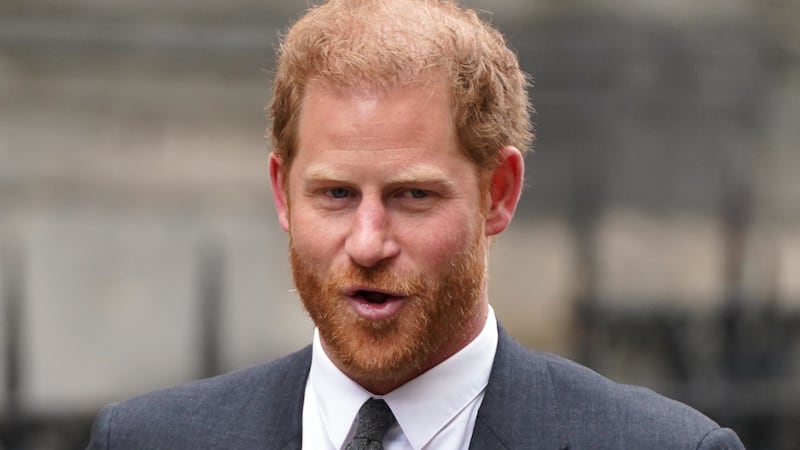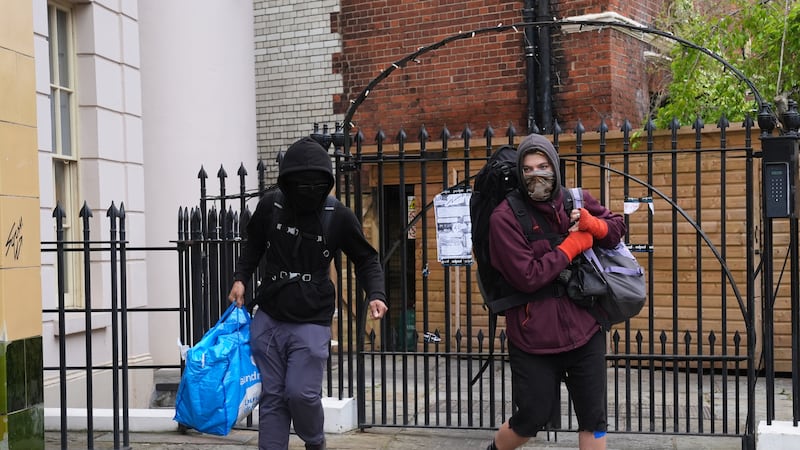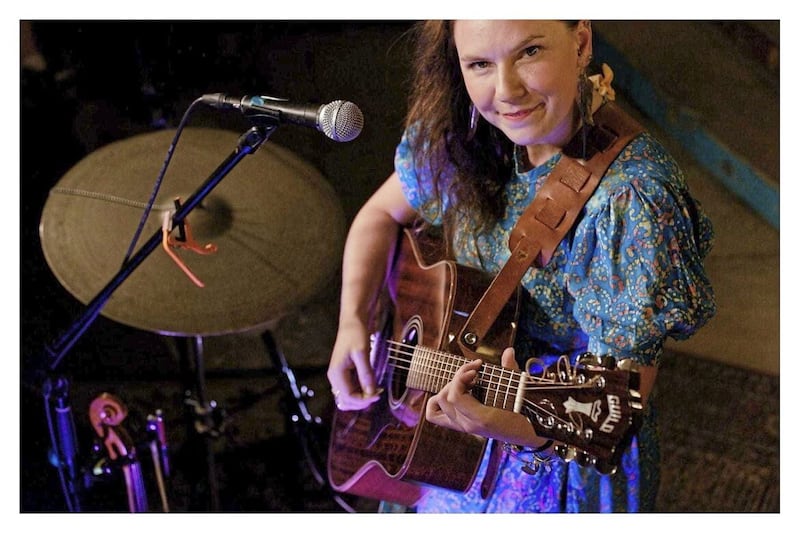PERSONALLY, I think it would be great if someone asked me what I did for a living and I was able to reply, “I’m a song archaeologist.”
The person who asked the question would no doubt be suitably flummoxed so I asked someone who has been called just that, Dublin sean-nós singer and composer, Lorcán Mac Mathúna, what exactly a song archaeologist was.
“Well, it was actually a German reporter who used the phrase when he came to a concert that I did at a festival in Germany a number of years ago,” he explains, “so I didn’t come up with the phrase myself. But the more I thought about it, the more appropriate it seemed because the songs that I use go deep into the history of our language and our culture and I try to pick up things from our cultural heritage and try to bring them to the surface again.
“There is a whole landscape of linguistic culture to be explored."
That’s what Lorcán has been doing over a number of albums, including The Táin and The Arrows that Murder Sleep, earning him a reputation as not only a great singer, but as someone who can create a human bond between ourselves and our ancestors through the music he creates.
It’s little wonder then that Lorcán was chosen to be one of the 10 leading traditional poets and musical artists from Ireland, Scotland and Wales to complete an exciting, multi-lingual residency in Galloway in south-western Scotland last year.
The idea came from the lovely people at Knockengorroch who have been running a "World Ceilidh” Festival in Dumfries and Galloway every May since 1998. The four-day festival is one of the longest-running outdoor Scottish music festivals, featuring music from all genres with an emphasis on roots music.
The Òran Bagraidh residency was produced by Katch Holmes for Knockengorroch as part of the organisation’s Off Site programme and its aim was to bring a group of artists together to create a new arrangement of the Galloway Gaelic song Òran Bagraidh as well as original compositions inspired by the song, the landscape and each other and Katch was delighted at the results.
“The week exceeded all expectations in the creative ideas and energy manifested,” she said. “Everyone came to the residency with an open mind ready to share the wealth of talent and knowledge that they have and that shows in the work.”
Taking part were award winning Scots/Gaelic singer Josie Duncan, former Welsh poet laureate and singer Gwyneth Glyn, sean-nós singer Doimnic Mac Giolla Bhríde, Belfast fiddler Conor Caldwell, ancient instrument virtuoso Barnaby Brown, poet, singer and performance artist MacGillivray, widely published poet Rody Gorman and medieval Welsh duo Bragod.
Òran Bagraidh – Song of Defiance in English – is allegedly the only surviving example of the extinct dialect of Galloway Gaelic, spoken across the region from the fifth to 18th century, alongside English, early Welsh and Scots.
The song is still clouded in mystery because, as the sleeve notes point out, “some parts of the song are unintelligible to modern Gaelic speakers and academics. Translation attempts involved detective work and knowledge of local history although it is generally agreed to be a revenge song for an unpaid ransom following the murder of a significant figure.”
The diverse talents worked together to bring to life the different layers of south west Scotland’s linguistic history together through Òran Bagraidh so there is an Irish, a Scottish Gaelic and a Welsh element to the completed work. (Early Welsh was spoken in southern Scotland and northern England up until the 12th century.)
When work on the song was finished, the artists got together in small groups to see if they had been inspired by the creative process they had just come through. The results can be heard on the 13-track Òran Bagraidh album and although some of the music might seem familiar, much of it will be like something you have never heard before.
For instance, the Welsh duo Bragod features Bob Evans, a fiddle and crwth (a kind of harp) player from mid-Wales and Mary-Anne Roberts, an artist-singer from the West Indian island of Trinidad and Tabago.
Together they produce the two-part Uryen Erechwydd, an Early Welsh song from the ninth century which is quite stunning – although it might give you nightmares!
There are journeys into traditional, experimental and electronic music and, sceptical as I was before putting the CD into the player, there is also some beautiful, haunting, stirring, unnerving music throughout all of its tracks with the stories behind the songs and the tunes told in the beautiful sleeve designed by AkramArtist.
While the music and songs are most certainly from the Celtic imagination, this is in no way a showbizzy kind of “Celtic” spectacular that features copious amounts of glitter and hairspray.
“There was no compelling will amongst us to do that and we all wanted to develop our own ideas and not to be steered in a unified direction,” says Lorcán.
The great news is that the assorted talent involved in Òran Bagraidh are coming to play in Belfast on Tuesday July 30 as part of Scoil Samhraidh Mhic Reachtain and while the album is fantastic to listen to, the concert should be something else so be prepared to hear five languages and medieval instruments including the lyre and northern triple pipes as well as fiddle, harp, accordion, whistle and electronics.
“On the album and at the residency, sometimes people would be working on groups of two or three or four but for the live show we will all be contributing to all the music so it is getting more and more like a band.
“There is a great diversity in the music we all play and the Bragod piece we mentioned earlier comes with a dance based on these ancient Welsh measures. It’s really something to watch,” says Lorcán.
:: Òran Bagraidh play at Áras Mhic Reachtain on the Antrim Road in Belfast on Tuesday July 30. You can get tickets athttps://bit.ly/2XbswFq








